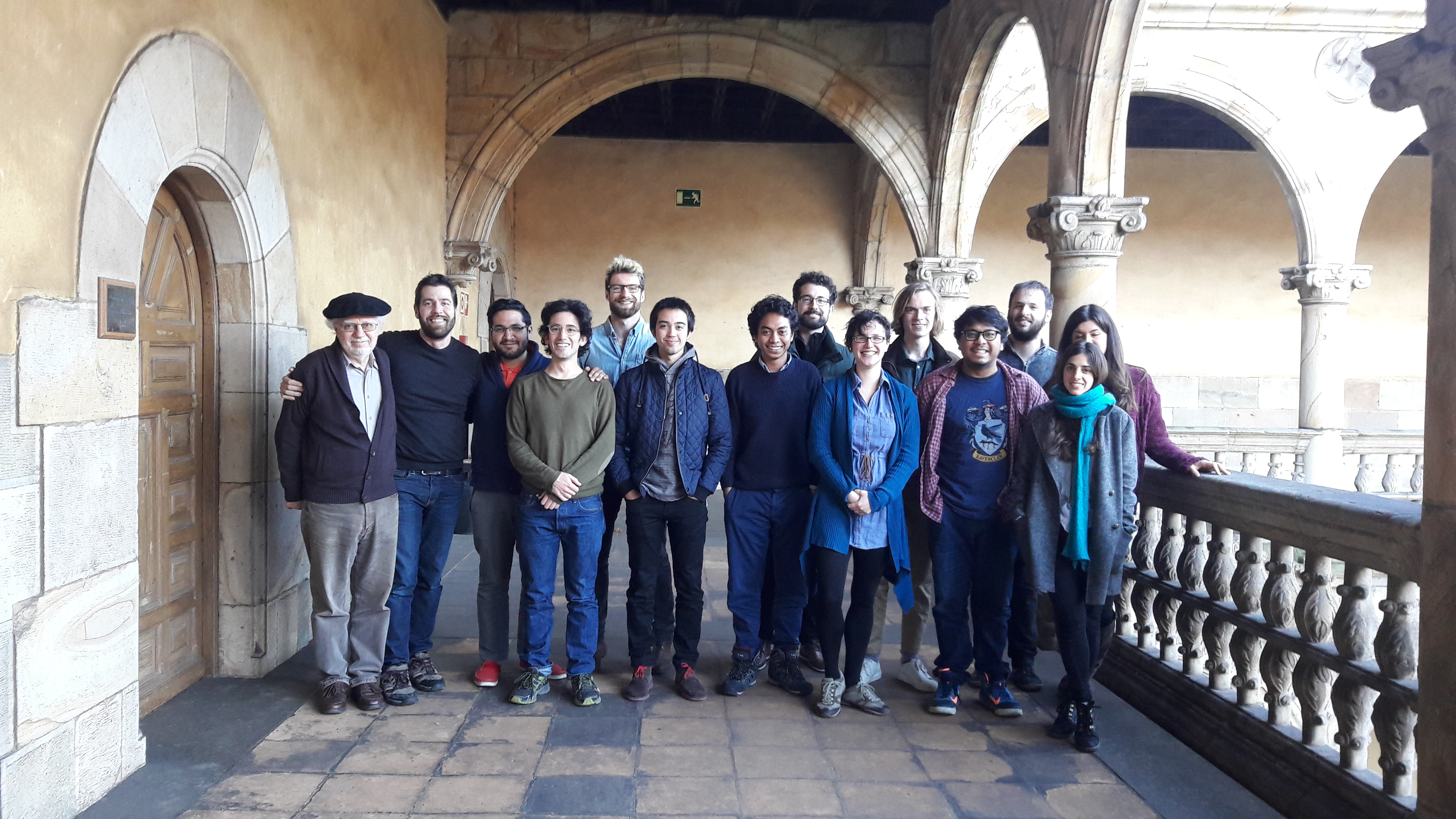Sociology of Law and the Economy
Outline of the course:
The interplay between legal and economic phenomena is one of the central themes in the sociology of law and represents a growing interdisciplinary field of research. This course aims to provide students with a sound understanding of key insights, approaches and debates around a sociological analysis of the role of law in economic regulation. It will discuss how law – its agents, practices institutions, legal ideas and concepts – shapes the economy, and conversely, how socio-economic transformations – especially the recent period of economic globalization and neoliberalism and their aftermath – impact on the legal order. This debate will be located within the broader traditions of economic sociology and sociology of law (Veblen, Simmel, Weber, Marx, Polanyi, among others), as well as more recent sociologists, especially Bourdieu. The course will also offer the students the analytical and methodological tools to go beyond this established tradition.
The interface between law, economy and society will be addressed both theoretically and empirically. The course will start with two sessions, introducing classic socio-legal perspectives about law and the economy, as well as contemporary debates. These are followed by three sessions covering the key legal institutions which are the foundation of economic activity: property rights, the contract, and the corporation. The second week of the course will build on this foundation by studying exemplary research in four key areas: financial regulation, competition law, tax, and international trade. They will be examined through a variety of theoretical and methodological frameworks. In the final session, students are invited to discuss the relation between capitalism and democracy, and the role of the law.
The course is designed as an interactive seminar, whereby the teachers introduce the basic materials and the participants actively contribute to the discussions, and make prepared presentations themselves. By the end of the course the students will acquire both substantive insights into the themes explored and a set of conceptual and methodological tools to assess and undertake studies in the subject.




